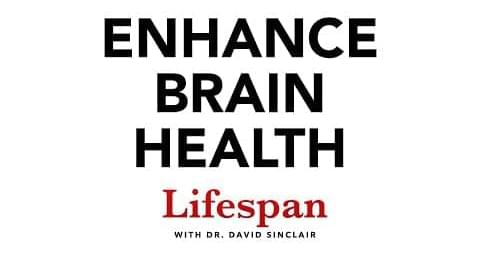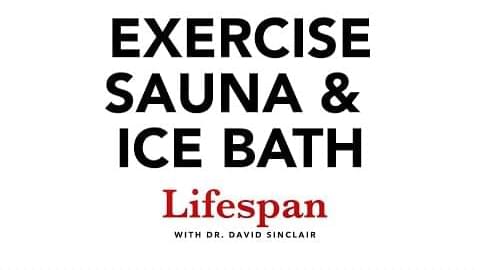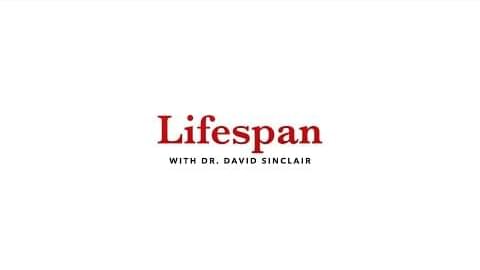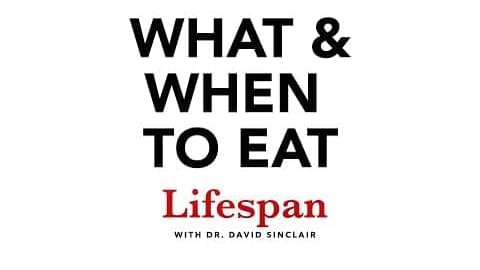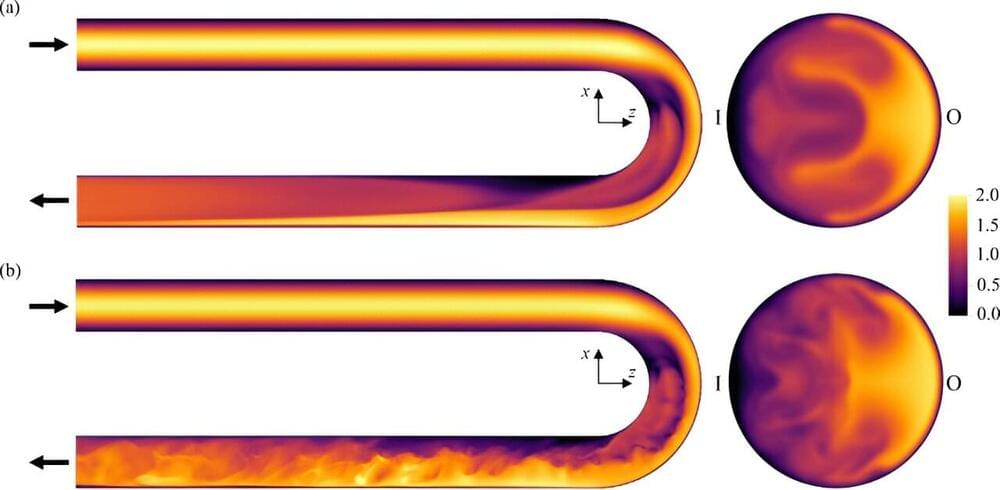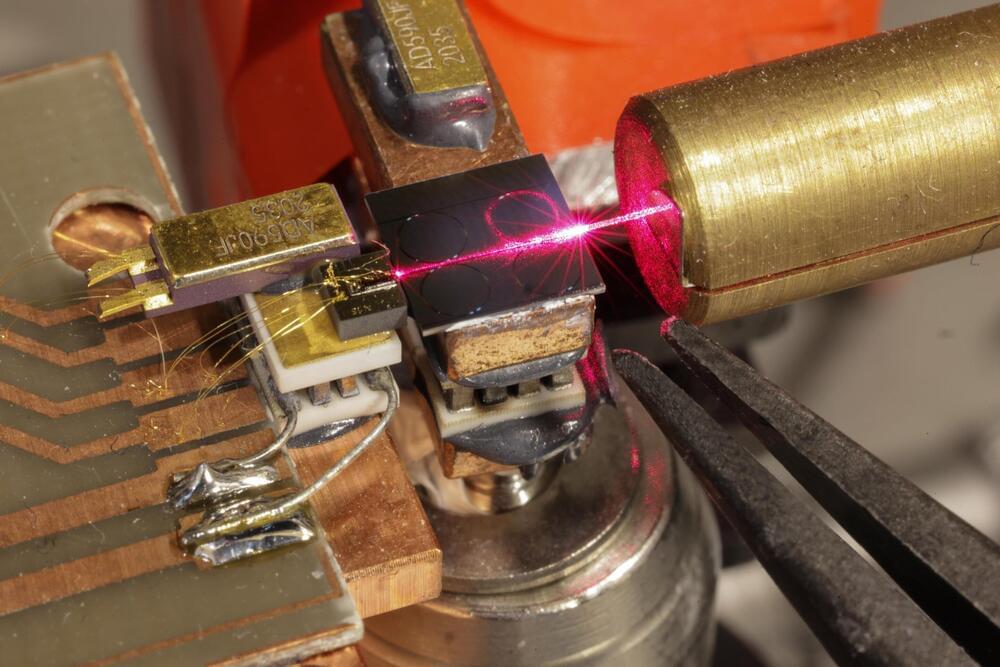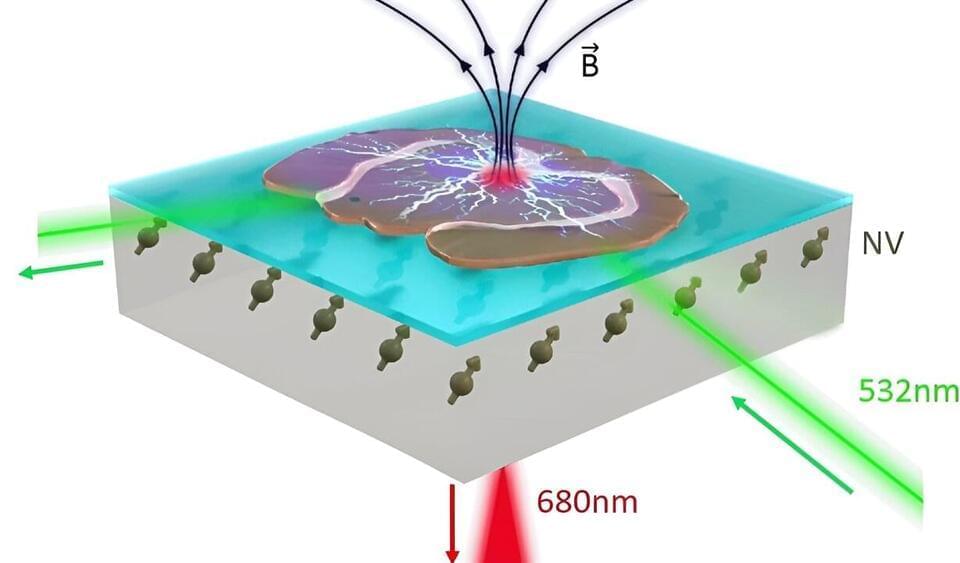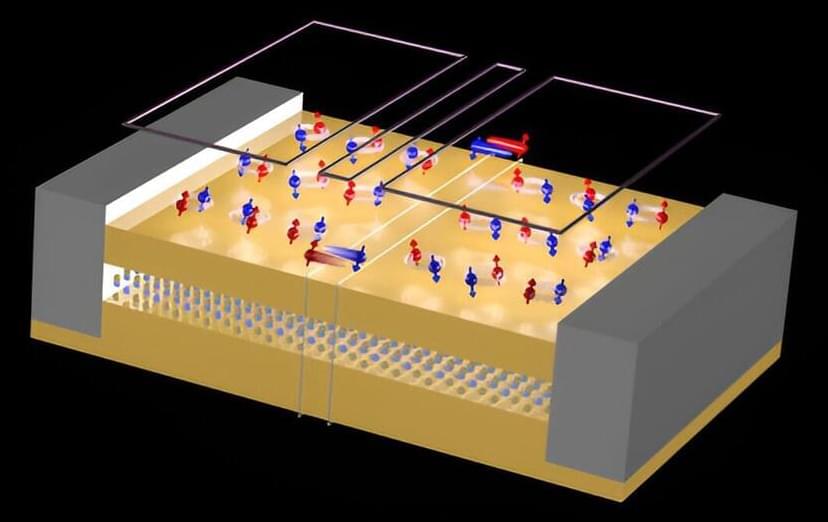Dec 9, 2023
Prioritizing Brain Health: Preventing Cognitive Decline
Posted by Chris Smedley in categories: life extension, neuroscience
In this episode of the Lifespan podcast, Dr. David Sinclair and co-host Matthew LaPlante dissect the topic of brain aging. They explore evidence suggesting that the brain ages more slowly than other parts of the body and highlight how cognitive function is impacted by aging. Different interventions aimed at preserving brain health are also discussed, including a plant-based diet, exercise, metformin, NAD boosters, and sufficienh #Wellness #DavidSinclair #Longevity #BrainHealth #Healthspan
